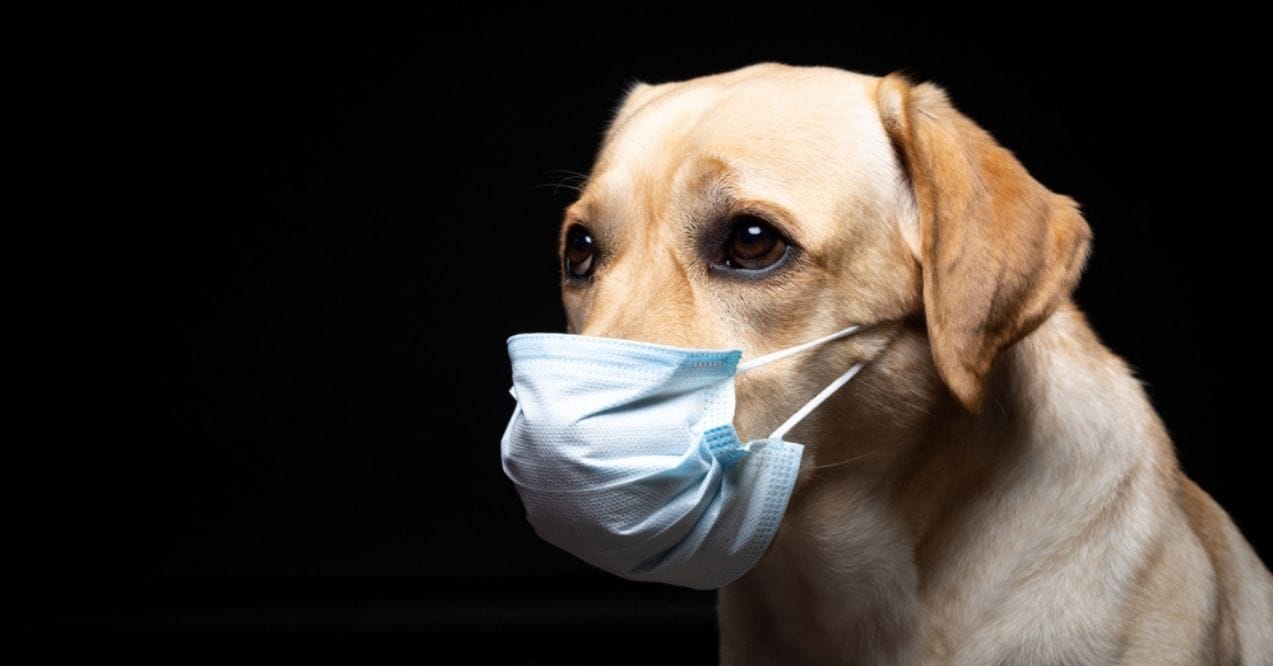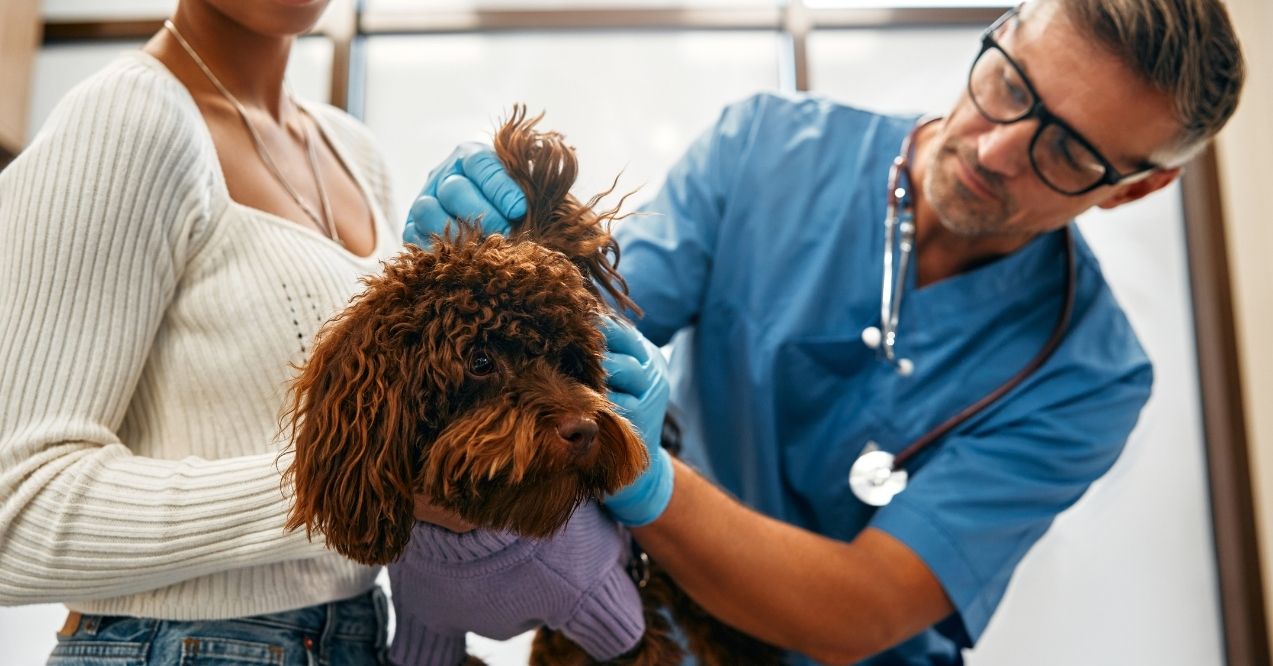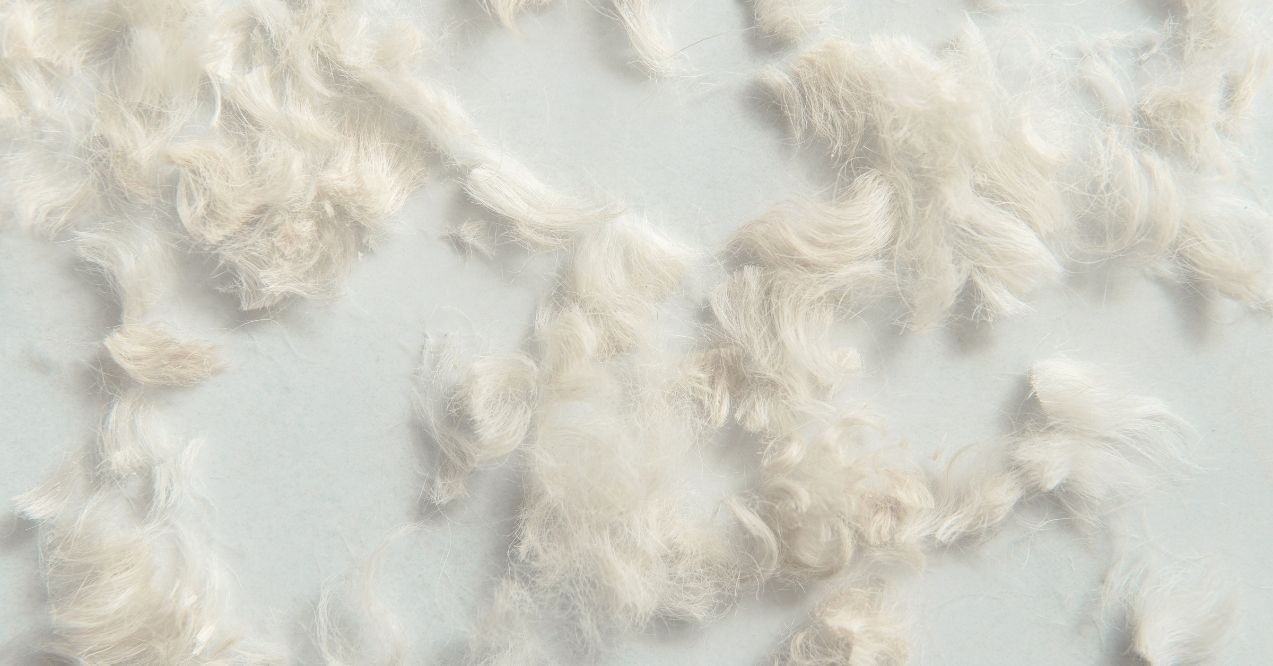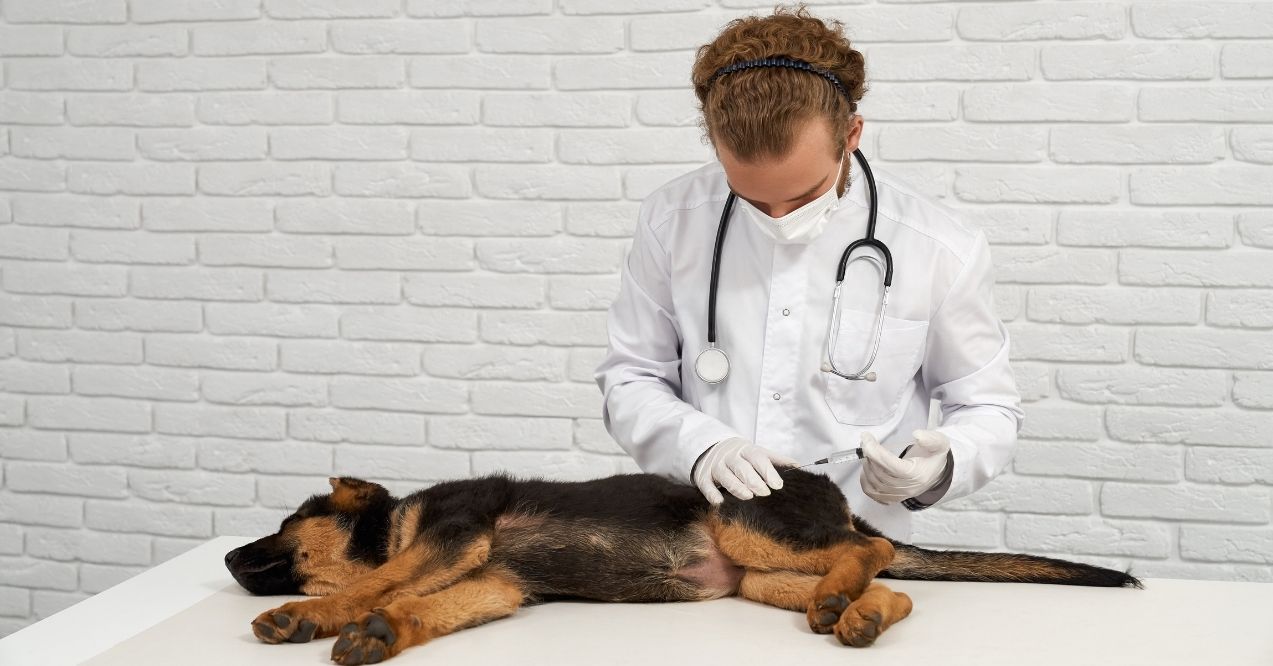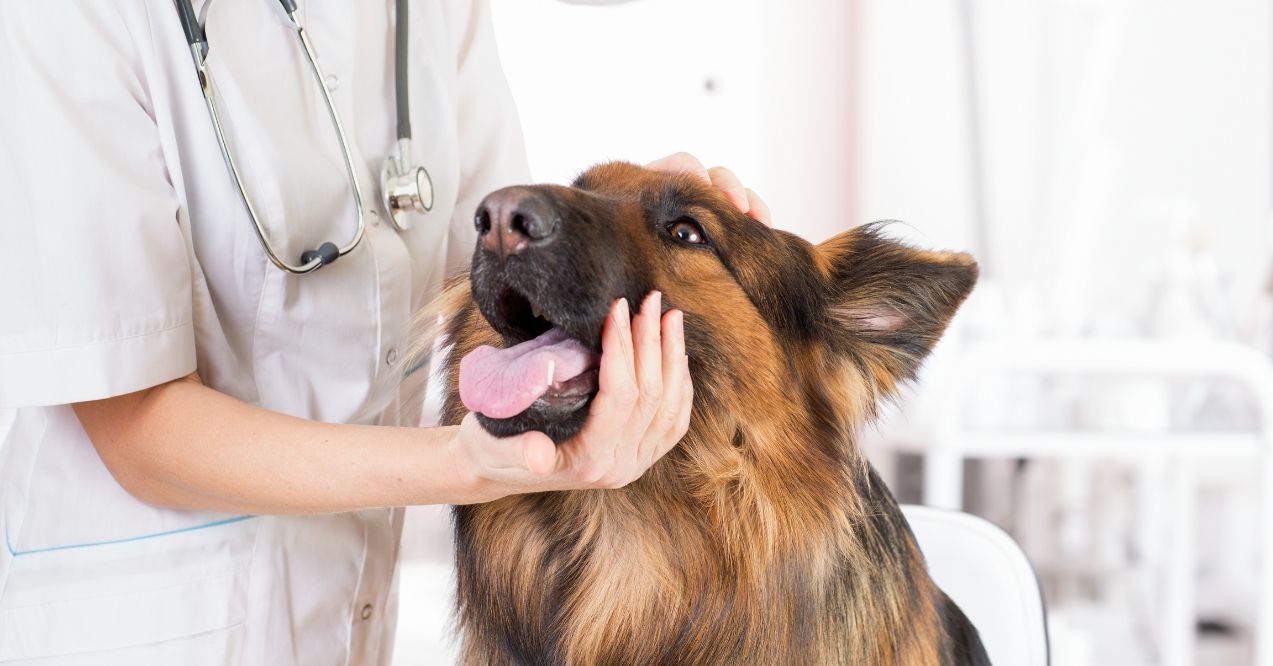Labrador Retriever and Allergies: What You Can Do
Labrador Retriever and allergies may seem like an unexpected combination, especially considering how active and hearty these dogs are. However, despite their energetic nature, many Labs can experience discomfort due to allergies. These allergies can range from environmental triggers to food sensitivities, impacting their skin, ears, and even digestion.
In this blog, we’ll explore the common types of allergies in Labrador Retrievers and offer practical tips for managing them. From understanding environmental allergens to spotting food sensitivities, we’ll help you take steps to alleviate your Lab’s discomfort and keep them happy and healthy.
Common Allergies in Labrador Retrievers
Labrador Retriever and allergies often go hand in hand, making it important for pet owners to understand the challenges their furry friends might face. Labrador Retriever skin allergies can cause discomfort and affect their quality of life. Let’s explore the common allergies in Labrador Retrievers and learn how to help our furry friends lead happy, healthy lives.
1. Airborne Allergies in Labrador Retrievers
Labs and allergies frequently intersect when it comes to airborne allergens. Pollen, mold, and house dust mites are tiny particles that can trigger allergic reactions in your Labrador. During certain seasons, especially spring and fall, these allergens are more prevalent. Symptoms may include sneezing, itchy skin, and watery eyes.
To help your Lab, keep your home clean by vacuuming regularly and using air purifiers. Wiping down your dog’s coat and paws after outdoor play can also reduce exposure to these allergens.
2. Food Allergies in Labrador Retrievers

Labrador Retriever food allergies occur when their immune system reacts to certain ingredients in their diet. Common triggers include eggs, soy, chicken, and wheat. Signs of food allergies can range from digestive issues to skin irritations and ear infections.
If you suspect a food allergy, consult your veterinarian. They might recommend an elimination diet to identify the culprit. Once you know what food is causing the reaction, you can choose appropriate meals that avoid those ingredients, helping to alleviate your Labrador Retriever allergy problems.
3. Contact Allergies in Labrador Retrievers
Contact allergies happen when your Lab’s skin comes into direct contact with an allergen. External allergens like grass, certain fabrics, or cleaning sprays can cause reactions. Symptoms often include redness, itching, or small bumps on the skin where contact occurred.
To protect your Lab, try to identify and remove the offending substance. Use pet-friendly cleaning products and hypoallergenic fabrics for bedding. After walks, wiping down your dog’s paws and fur can help minimize exposure to outdoor allergens.
4. Flea Allergies in Labrador Retrievers

Fleas can be more than just an annoyance; they can cause severe allergic reactions. Flea allergy dermatitis is when a Lab is allergic to flea saliva, leading to intense itching and discomfort. Even a single flea bite can trigger a reaction in sensitive dogs.
Regular flea prevention is essential. Talk to your vet about the best flea control options for your Lab. Keeping your home and yard free from fleas will also help prevent these allergic reactions.
5. Bacterial Allergies in Labrador Retrievers
Bacterial allergies usually occur as a secondary infection resulting from other allergic reactions. When a Lab scratches or bites at itchy skin caused by allergies, it can break the skin and allow bacteria to enter. This can lead to redness, swelling, and sores.
If you notice signs of a bacterial infection, visit your veterinarian promptly. They can provide treatment to clear the infection and address the underlying allergy to prevent future problems.
Symptoms of Allergies in Labrador Retrievers
Allergies in Labrador Retrievers can cause a range of symptoms that vary from mild discomfort to serious reactions. Recognizing these signs early can help you provide timely relief and keep your Lab feeling their best. Here’s a breakdown of the general and serious symptoms to look out for:
General Symptoms
Labrador Retriever allergy problems can show up as various symptoms, signaling an allergic reaction. Keep an eye out for these common signs:
- Itchiness
- Hives
- Swelling of the face, ears, lips, eyelids, or earflaps
- Red, inflamed skin
- Diarrhea
- Vomiting
- Sneezing
- Itchy ears
- Chronic ear infections
- Itchy, runny eyes
- Constant licking
If you notice any of these symptoms, try to identify potential allergens and consider ways to minimize your Lab’s exposure. General symptoms can often be managed with topical care, dietary adjustments, or environmental controls to reduce allergens. For a more in-depth look at managing skin allergies, check out what to do about dog skin allergies.
Serious Allergic Reactions Symptoms
In rare cases, Labradors may experience more severe allergy symptoms that need immediate attention. Here are some serious signs to watch for:
- Allergic Dermatitis in Dogs: Intense skin inflammation often triggered by environmental or food allergens, leading to severe itching and discomfort.
- Urticaria (Hives) in Dogs: Raised, red welts on the skin that may appear suddenly and indicate a strong allergic response.
- Edema of Face or Throat: Swelling around the face or throat, which can interfere with breathing.
- Anaphylactic Shock (Very Serious): A life-threatening reaction that requires emergency veterinary care. Signs include sudden collapse, difficulty breathing, and extreme lethargy.
If your Lab shows any of these serious symptoms, seek veterinary care immediately to ensure their safety.
Preventing Allergies in Labrador Retrievers
Preventing allergies in Labrador Retrievers is all about being proactive. While Labs may be prone to certain allergies, you can take steps to reduce the risk and keep your furry friend comfortable. Here are some practical tips to help prevent allergies:
Early Skin Checks and Monitoring
- Regularly check your Lab’s skin for signs of irritation like redness or itching.
- Pay close attention to high-risk areas such as the paws, belly, and ears.
- Monitor during seasonal changes, as allergens are more common during these times.
- Address symptoms early to prevent more severe reactions later on.
Feeding Your Lab to Minimize Sensitivities
- Provide a balanced diet rich in omega-3 fatty acids, lean proteins, and hypoallergenic foods.
- Start with the right foods from a young age to reduce the chance of food sensitivities developing.
- Consider adding omega-3 supplements like fish oils to your Lab’s meals to support skin health.
- Avoid common allergenic ingredients such as soy, wheat, and certain proteins if sensitivities are known.
Preparing for Allergy Seasons
- Limit exposure to environmental allergens during high-pollen seasons or wet months.
- Keep windows closed to prevent pollen and mold spores from entering your home.
- Use air purifiers to improve indoor air quality.
- Wash your dog’s bedding and toys regularly to remove accumulated allergens.
- Wipe down your Lab after outdoor activities to remove pollen and other irritants from their coat.
When to Seek Professional Help
If your Labrador’s allergies worsen or don’t improve with at-home treatments, it’s time to consult a vet. Persistent symptoms like severe itching, frequent ear infections, or ongoing digestive issues may require professional evaluation. Vets can perform intradermal skin tests or blood tests to pinpoint specific allergens.
In more severe cases, prescription medications such as antihistamines or corticosteroids may be necessary to manage symptoms effectively and provide your dog with relief.
Are Labrador Retrievers Hypoallergenic?
Are Labradors hypoallergenic? In short, the answer is no – Labrador Retrievers are not considered hypoallergenic. They shed quite a bit, which can release dander and trigger allergic reactions in sensitive individuals. Learn more about their shedding patterns and how to manage them in do Labrador Retrievers shed?
Controlling allergens through regular grooming, frequent cleaning, and using air purifiers can make living with a Labrador more manageable for those with mild allergies. Although they aren’t hypoallergenic, these steps can help reduce allergen exposure and maintain a cleaner environment.
Conclusion
Labrador Retriever and allergies are a common combination that can be managed with the right preventive steps and awareness. By keeping an eye on potential triggers, providing a balanced diet, and addressing symptoms early, you can help your Lab stay comfortable and healthy. Regular vet visits and proactive care ensure that your Labrador Retriever enjoys a high quality of life, full of energy and joy by your side.
Labrador Retrievers commonly experience environmental allergies (pollen, dust, mold), food allergies (beef, chicken, soy), and contact allergies (shampoos, fabrics). These can cause symptoms like itching, ear infections, or digestive issues, requiring tailored management to alleviate discomfort.
Signs of allergies in Labradors include excessive itching, redness, hair loss, ear infections, and digestive issues like vomiting or diarrhea. If these symptoms persist, it’s essential to investigate potential allergens and seek veterinary advice for accurate diagnosis.
Managing food allergies involves an elimination diet to identify the allergen. Transitioning to hypoallergenic dog food with novel proteins and limited ingredients can help reduce symptoms. Consulting a vet ensures your dog maintains proper nutrition while addressing sensitivities.
Advertisement. This site offers health, wellness, fitness and nutritional information and is designed for educational purposes only. You should not rely on this information as a substitute for, nor does it replace, professional medical advice, diagnosis, or treatment. If you have any concerns or questions about your health, you should always consult with a physician or other health-care professional. Do not disregard, avoid or delay obtaining medical or health related advice from your health-care professional because of something you may have read on this site. The use of any information provided on this site is solely at your own risk.
